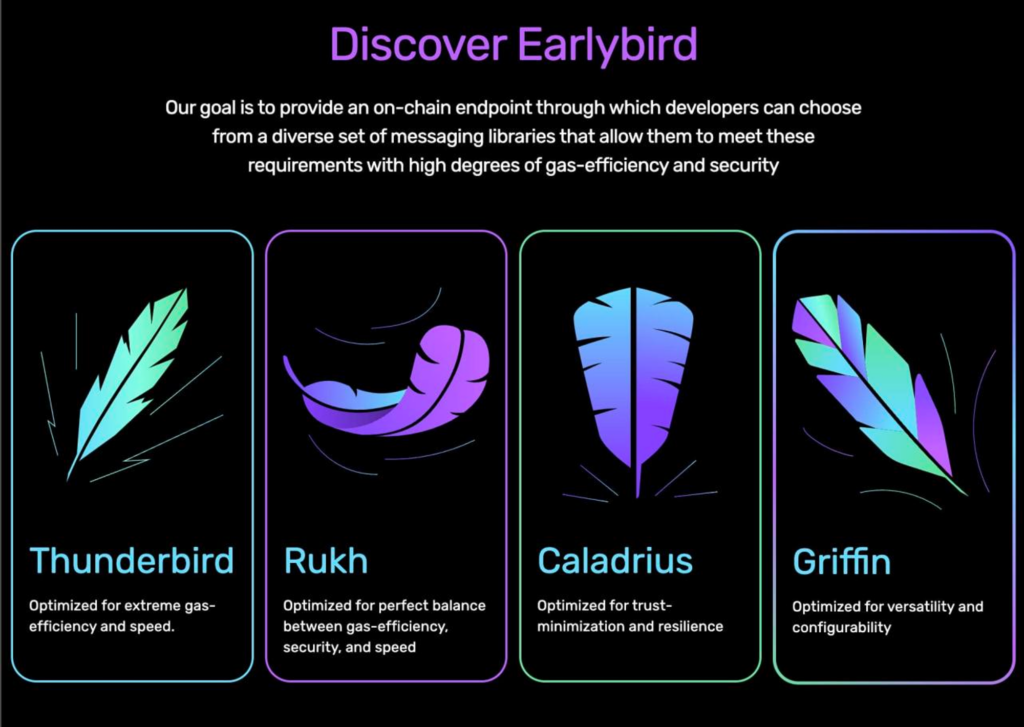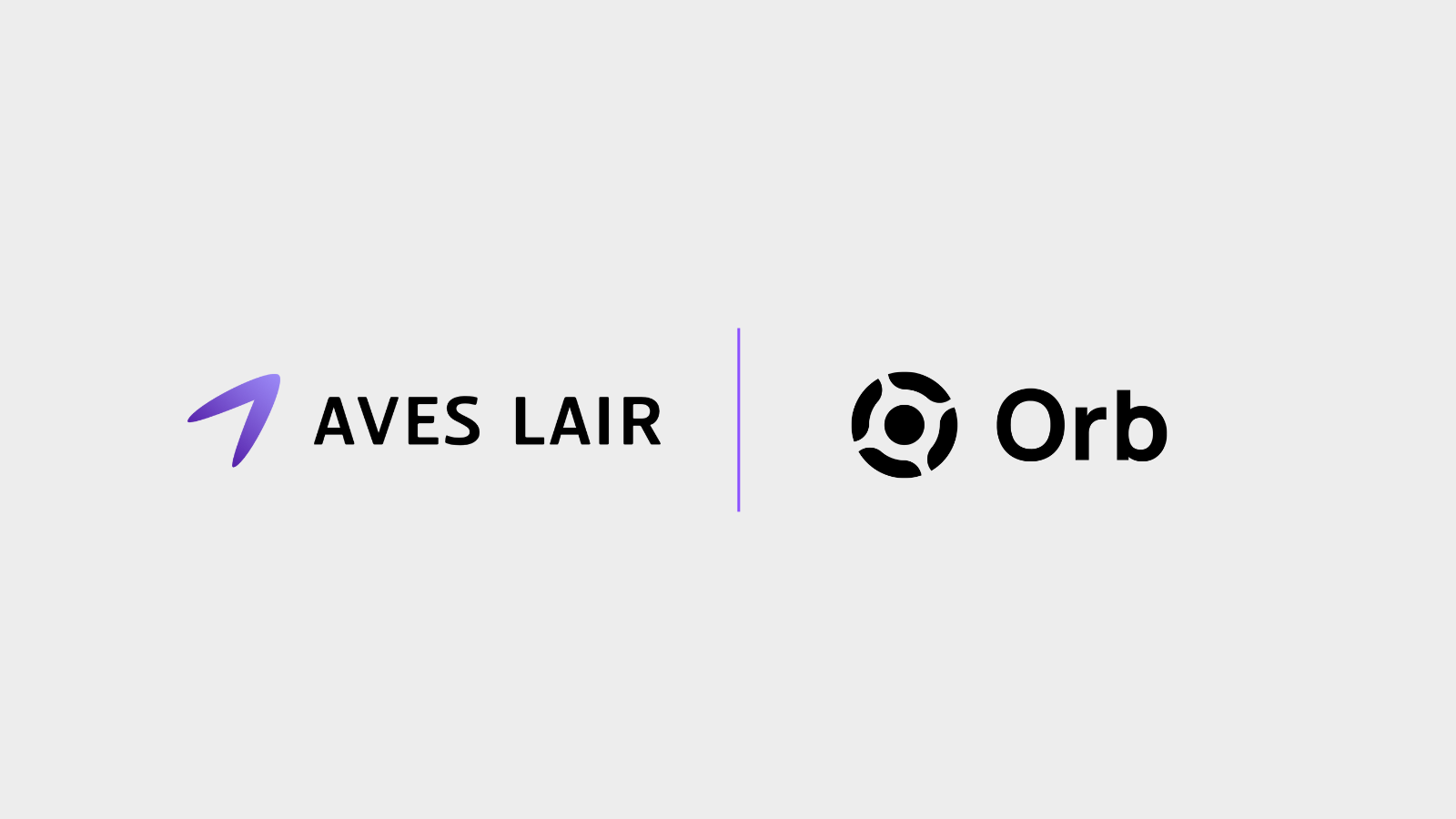Author: Evan Hsu, Investment Associate at Aves Lair
Cross-chain interoperability is an important aspect of the blockchain ecosystem, as it allows developers to leverage the benefits of multiple blockchains simultaneously, creating new products and services that are more powerful and useful than what can be achieved with a single blockchain alone.
However, existing interoperability protocols have their pros and cons, balancing the tradeoffs between speed, cost, and security.
Let’s take a closer look at each of these factors:
Speed: The speed of a protocol refers to how quickly it can transfer assets or data between different blockchains. Some interoperability protocols are designed to prioritize speed, allowing for near-instant transfers between blockchains. However, faster protocols often sacrifice security and may require additional resources to operate at peak efficiency.
Cost: The cost of a protocol refers to the fees or expenses associated with using it. Some interoperability protocols are designed to be more cost-effective than others, allowing developers to move assets or data across blockchains with minimal transaction fees.
Security: The security of a protocol refers to its ability to protect against attacks or malicious behavior. Some interoperability protocols are designed to be more secure than others, with multiple layers of encryption and other security features built-in. However, more secure protocols often require additional resources or are more complex to implement than less secure alternatives.
The lack of efficient and secure cross-chain interoperability has been a major bottleneck for the development of decentralized applications (dApps) and other blockchain-based products. It prevents developers from taking full advantage of the diverse features and capabilities offered by different blockchains, limiting the innovation and growth of the entire blockchain ecosystem.
Current State of the Cross-Chain
Cross-chain bridging and messaging typically fall under one of three broad categories: offchain validator approach, light node on-chain, and optimistic interoperability. Let’s take a look at the challenges each currently face:
The off-chain validator system:
Used by projects like Wormhole, LayerZero, and Axelar, has the advantage of being highly scalable and fast. Nevertheless, it also has a single point of failure in the middle chain, which can be exploited by attackers to steal liquidity on all chains.
The light node system:
Used by projects like Cosmos’ IBC, offers a highly secure and trust-minimized approach, as transaction proofs containing messages are validated on-chain against block headers. However, even with the introduction of zk-bridges, it can still be expensive for protocols costing tens of millions of dollars per day per pairwise chain to run an on-chain light node on Ethereum.
The optimistic interoperability approach:
Used by projects like Synapse, allows messages to be passed while staying in limbo for a set amount of time, during which disputes or verifications can occur. Nonetheless, this approach comes with security risks, as attackers can potentially co-opt a sufficient number of validators to carry out an attack.
Monetization Challenge
Additionally, monetizing cross-chain protocols can be challenging, especially if the fees for using the protocol are too high or if there isn’t enough volume being transferred between chains. This can make it difficult to generate revenue from fees for the protocol and make it hard to justify the cost of building and maintaining the protocol.
One approach to monetizing cross-chain protocols is to charge a fee for the use of the protocol, either as a percentage of the transaction value or as a fixed fee per transaction. However, if these fees are too high, it can discourage users from adopting the protocol and lead to low adoption rates.
Another approach is to generate revenue by building bridges between different protocols and charging a fee for the use of these bridges. However, there may not be enough daily volume being transferred between chains to generate significant revenue from these fees. Additionally, the cost of building and maintaining these bridges can be high, which makes it challenging to justify the cost of offering this service.
Enter Orb
To address the challenges of interoperability in the blockchain space, Aves Lair reconnected with Richard Adjei and Felix Madutsa, both highly experienced software engineers, seven-year crypto veterans, and Princeton University classmates. Together, they founded Orb in 2022 with the goal of building a cross-chain messaging protocol that enables lightweight and efficient messages to be passed across chains. Their protocol prioritizes security and focuses on message authenticity and guaranteed delivery.
The Orb Labs framework aims to provide developers with a modular approach to building cross-chain protocols that can be customized based on specific needs. This is achieved by providing a set of four different cross-chain protocols, each with different characteristics, that can be combined in different ways to suit the requirements of a particular application.
The Thunderbird protocol is optimized for gas (fee) consumption and speed, and its cost can be reduced up to 20x compared to popular messaging protocols like LayerZero and Nomad. This makes it a suitable choice for applications that prioritize cost-efficiency over security. Orb’s cross-chain swaps is cheaper than single chain swaps, eliminating the need for centralized exchanges or bridges when migrating assets across chain and resulting to 50%- 100% reduction in fees on Ethereum transactions.
The Rukh protocol is designed based on a penalty mechanism for cross-chain bridging, avoiding some of the issues of existing penalty-based protocols like Nomad. This makes it a better choice for applications that prioritize security over cost.
The Caladrius protocol is similar to the widely used IBC protocol but is based on a trust minimization mechanism, allowing it to be run on Ethereum and making it cheaper than IBC. This makes it a good option for applications that require a balance between cost and security.
The Griffin protocol combines the characteristics of Thunderbird, Rukh, and Caladrius, making it a very flexible choice that can be customized to meet a variety of different needs.
By offering these different cross-chain protocols, Orb Labs allows developers to switch between libraries based on the nature of their particular needs. For example, an application that needs to send a large number of low-value transactions may choose to use the Thunderbird protocol to optimize for gas consumption, while an application that needs to send high-value transactions may choose to use the more secure Rukh protocol. This flexibility allows developers to tailor their cross-chain solutions to their specific needs and optimize for both cost and security.

Higher Level of Security
Earlybird key technology innovation is rooted in three layers of protection for security breaches: the oracle, the relayer, disputer/dispute resolver. This is designed to both be more efficient and also more secure than LayerZero’s protocol and other commonly used bridging protocols, which use middle chains and/or wrapped tokens to facilitate asset transfers.
Layerzero utilizes oracle and relayer for the messages to be passed. If the keys of both parties are compromised, a message can be sent without anyone stopping it. As long as one honest disputer flags this transaction as malicious and one honest disputer resolver confirms that this message is malicious, you can stop a bad message from passing.
Customizability
Earlybird is as fast as application developers want it to be. Message delivery speed is determined by the dispute period, which is set by application developers. This optionality makes Earlybird suitable for any application. Apps that need more security can increase dispute period to a number they prefer
Orb’s first product, Magic lane is a Decentralized Exchange (DEX) that operates across multiple chains, allowing users to swap tokens with low fees and without the need for an intermediary. The protocol also includes an omnichain token wrapping and swapping protocol, which enables the seamless transfer of assets across different chains.
In addition to the DEX, Orb expects developers to leverage their technology to build other cross-chain applications, such as omnichain wallets with low gas fees, cross-chain NFTs, chain-agnostic NFT marketplaces and games, and complex DeFi capabilities
Conclusion
Orb announced a $4.5M seed round Tuesday, led by Bain Capital Crypto, with participation from Aves Lair, Shima Capital, 6th Man Ventures, Newman Capital, Modular Capital, and SevenX Ventures.
While cross-chain interoperability is essential for the future of blockchain technology, it is still a nascent field that faces significant challenges. However, the development of more efficient and secure interoperability protocols could unlock new opportunities for innovation and growth in the blockchain ecosystem, paving the way for a more robust and interconnected blockchain future.
We are extremely excited to see what Orb has to offer in the future. The team shared their recent plans to release white papers and official development documents as soon as possible for developers to test products.
To learn more about Orb click here.
About Aves Lair
Aves Lair: Global early-stage VC with an ecosystem where visionaries, groundbreaking startups, industry leaders, scientists, and investors are brought together to usher in a new wave of innovation to the Web3 industry.

